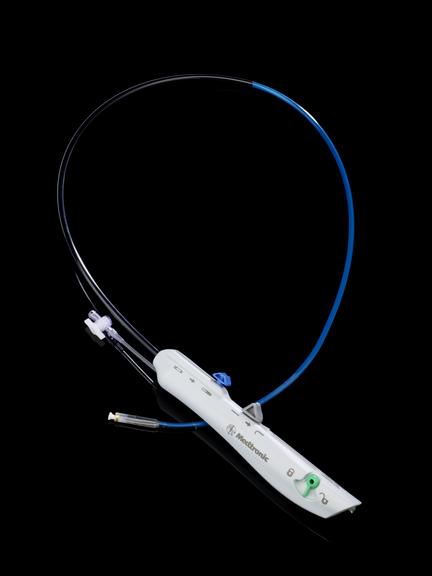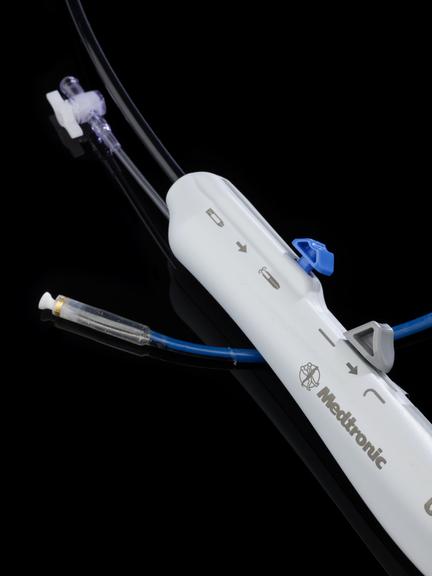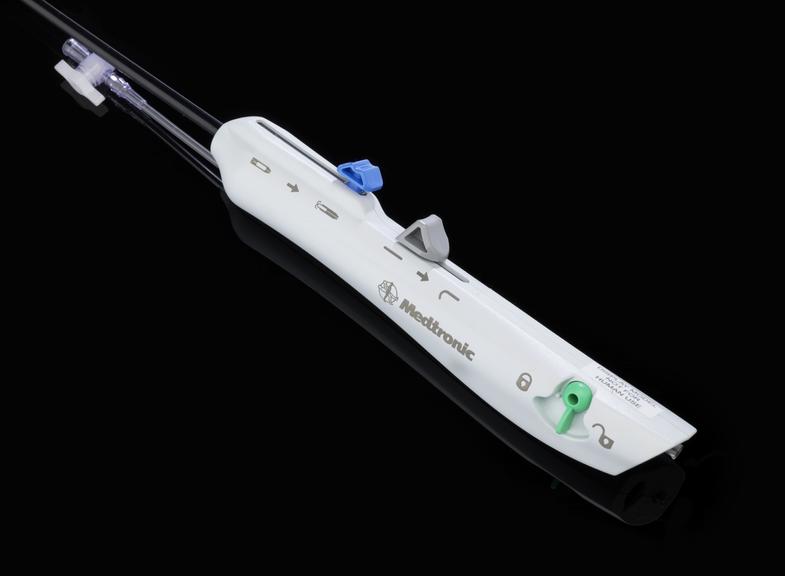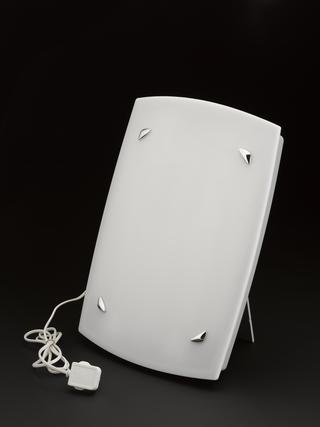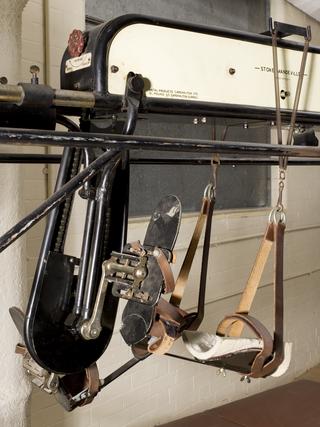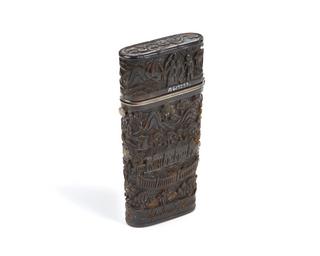Micra™ Transcatheter Pacing System
Micra™ Transcatheter Pacing System, directly implanted in a person's heart to regular its' beat, developed and manufactured by Medtronic Limited, 2018
More
The Micra™ helps regulate heartbeats that are slower than normal. Slow heartbeats can cause dizziness, difficulty in moving around and breathlessness. Implanted directly into a person’s heart the leadless Micra™ transcatheter pacing system is a tenth of the size of conventional pacemakers. It also means people do not have complications from wires or a bump under the skin. Under a local anaesthetic in a cardiac catherisation lab, a person has the Micra™ delivered through the femoral vein in their leg. Guided by imaging techniques, an interventional cardiologist steers a delivery device through a person’s veins until they reach the right ventricle of their heart. The system automatically adjusts a person’s heart rate depending on what activities they are doing.
Cardiac pacemakers have transformed chronic heart conditions, by regulating the heart’s pace using electrical pulses from a battery. Developed in the 1950s, they were painful, cumbersome, and required hospital stays and a mains electricity supply. Over time pacemakers have got smaller, have longer battery lives and remote monitoring options.
- Measurements:
-
overall: 25.9 mm 6.7 mm, .00175 kg
- Materials:
- Nitinol , Titanium, titanium nitride, parylene C, primer for parylene C, PEEK, siloxane, nitinol, platinum, iridium, liquid silicone rubber, and silicone medical adhesive and Lithium-hybrid CFx silver vanadium oxide
- Object Number:
- 2020-142/1
- type:
- cardiac pacemaker
